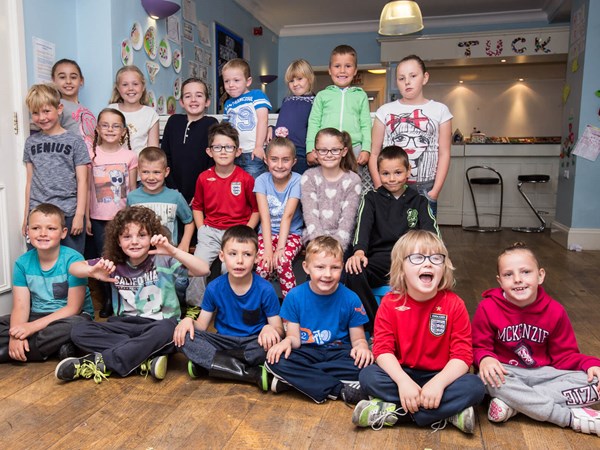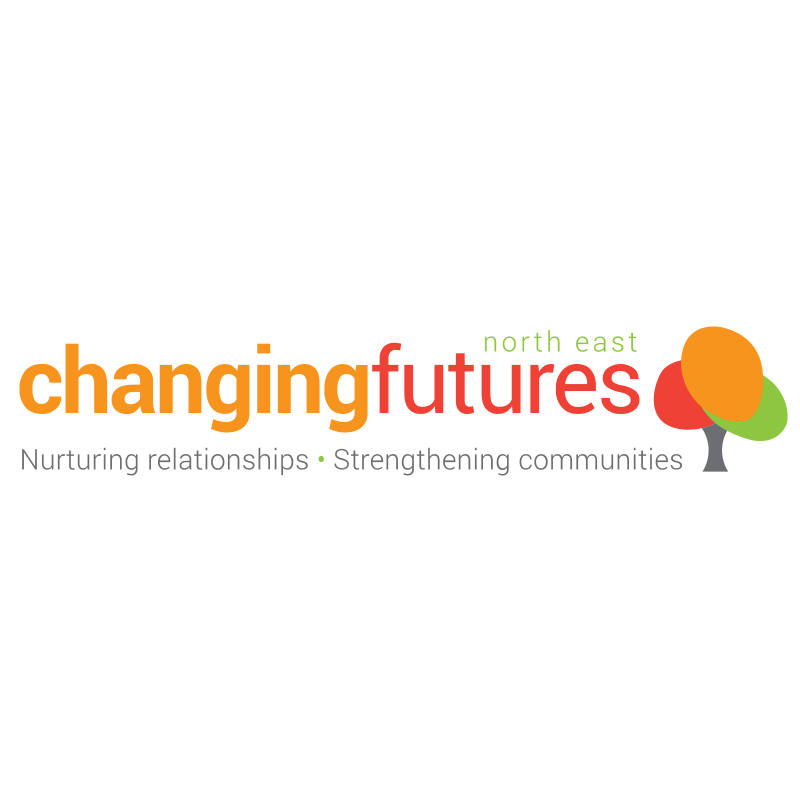
Tools & Resources
Reducing Parental Conflict Hub
You can find out more about reducing parental conflict, why it matters and how to tackle it by visiting the Early Intervention Foundation’s ‘Reducing parental conflict’ hub. This hub is for local leaders, commissioners, practitioners and researchers who are looking to reduce the impact of parental conflict on children.
Parental conflict and relationships need to be everyone’s business. The evidence is clear. Parental conflict is:

A child development and public health issue
Parental conflict puts children’s mental health and long-term outcomes at risk when it is frequent, intense and poorly resolved. Even when they are asleep, babies are not oblivious to their parents’ conflict, and exposure to these conflicts could influence the way in which their brains process emotion and anxiety. Parental separation is one of the Adverse Childhood Experiences that contribute to poor health outcomes for children. Unresolved and poorly managed parental conflict can lead to depression for adults as well as for children.

An education issue
Children can become anxious, stressed, withdrawn or ‘act out’ because of conflict at home. This can affect their behaviour, attendance and how well they do at school or college.

Can be a child safeguarding issue
Conflict within the family can be so severe that children’s emotional and developmental needs aren’t being met. It can suck up energy and mean that other issues that impact children’s safety and welfare aren’t being addressed.

An economic issue
Poorly resolved parental conflict gives children a bad template for their own adult relationships. The impact of the conflict on the child’s development and mental health, and on their future relationships, effects how well they are able to get and keep jobs and pursue careers.




